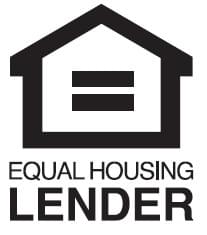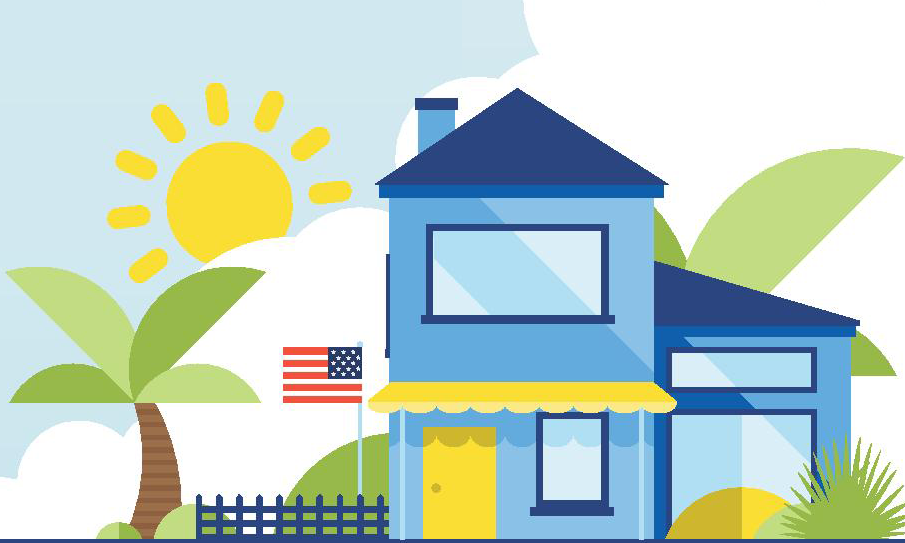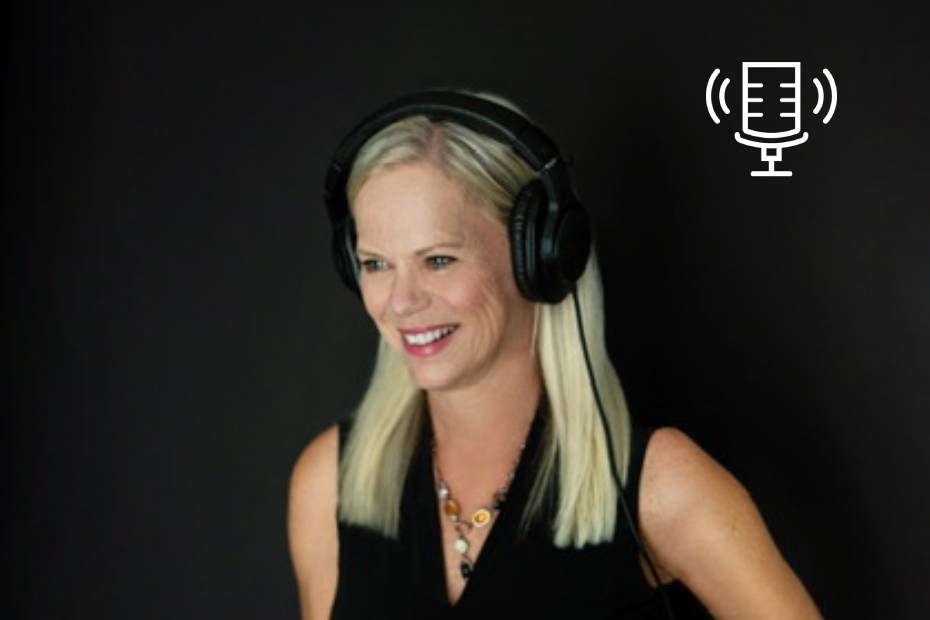Published October 21, 2019 • 4 Min Read
While there may be many benefits that come with refinancing your mortgage — like access to U.S. cash and perhaps the opportunity to lower your interest rate or payment — it’s a move you should consider carefully.
Here are the five key questions to ask yourself before you refinance your U.S. mortgage.
1. Why do I want to refinance?
Are you looking to take advantage of a lower interest rate, or are you interested in taking equity out of your home to pay for renovations, a vacation, or your cross-border lifestyle?
Having a clear idea of why you want to refinance — and what you plan to do with the cash — is an important first step. This will help ensure that refinancing your U.S. mortgage will help address a financial need you have or reach an important goal.
2. How much equity do I have in my home?
- A general rule of thumb is that you’ll need to have at least 20 per cent equity your home to qualify for a new mortgage. That 20 per cent is the amount you own outright. The rest is the amount you still owe to your lender. Usually, lenders only allow you to borrow up to 80 per cent of the equity in your home.
- Beyond your mortgage balance, you want to also consider the real market value of your home. You may think it’s worth $300,000, but would a home appraiser say the same? Getting a home appraisal is generally a condition of a refinance, but before you begin the process, do your own research. Look at comparable recent home sales in your neighbourhood. This will give you a ballpark figure of what an appraiser might decide is the current value your home.
3. Have I owned my home long enough?
With every mortgage payment, one portion of what you pay goes towards interest, and the other portion goes towards paying down your balance. In the early months and years of your mortgage, more of your payments go towards the interest, with the ratio gradually shifting over time (towards the end of your mortgage, most of your payment is going toward your principal).
By refinancing early on in your mortgage, your balance hasn’t had the chance to decrease by any significant amount. And if you continue to refinance every few years, your balance won’t really decrease — leaving you with a long road ahead to becoming mortgage-free.
4. Will I qualify for a new mortgage?
Financial situations change as life evolves. During certain points of your life, money may become tighter, and your level of debt might increase.
Before you move forward with a refinance, it’s a good idea to check your credit score to ensure it’s healthy enough to qualify for a new mortgage — and at a rate that remains attractive for you. Speaking with a cross-border mortgage specialist can help you determine your eligibility for a mortgage, and decide if the timing is right for you.
5. Is it worth the closing costs?
Because there are closing costs associated with refinancing a mortgage, consider how they may impact your loan. Will a lower payment offset your closing costs?
If your home has gone up in value, or you’re refinancing during a period of lower interest rates, the equity you are tapping into — and/or the money you’re saving on a lower interest rate — may more than offset these costs. The important thing is to understand what your closing costs will be, budget for them, and do the math to ensure refinancing is still a good financial move for you.
Consider how many months it will take to offset these costs. Do you plan to stay in the home long enough to fully get the benefit of a reduced rate or payment? If you’re planning on keeping the home longer than that, it may pay for itself.
Home refinancing can be a great way to reduce your mortgage payments or leverage the value of your home to cover key expenses or pay off debt. Just be sure to consider the reasons, realities and costs of refinancing in advance.
RBC Bank is RBC Bank (Georgia), National Association (“RBC Bank”), a wholly owned U.S. banking subsidiary of Royal Bank of Canada, and is a member of the U.S. Federal Deposit Insurance Corporation (“FDIC”). U.S. deposit accounts are insured by the FDIC up to the maximum amount permissible by law. U.S. banking products and services are offered and provided by RBC Bank. Canadian banking products and services are offered and provided by Royal Bank of Canada. U.S. deposit accounts are not insured by the Canada Deposit Insurance Corporation (“CDIC”). RBC Bank, Equal Housing Lender.
This article is intended as general information only and is not to be relied upon as constituting legal, financial or other professional advice. A professional advisor should be consulted regarding your specific situation. Information presented is believed to be factual and up-to-date but we do not guarantee its accuracy and it should not be regarded as a complete analysis of the subjects discussed. All expressions of opinion reflect the judgment of the authors as of the date of publication and are subject to change. No endorsement of any third parties or their advice, opinions, information, products or services is expressly given or implied by Royal Bank of Canada or any of its affiliates.
Share This Article







